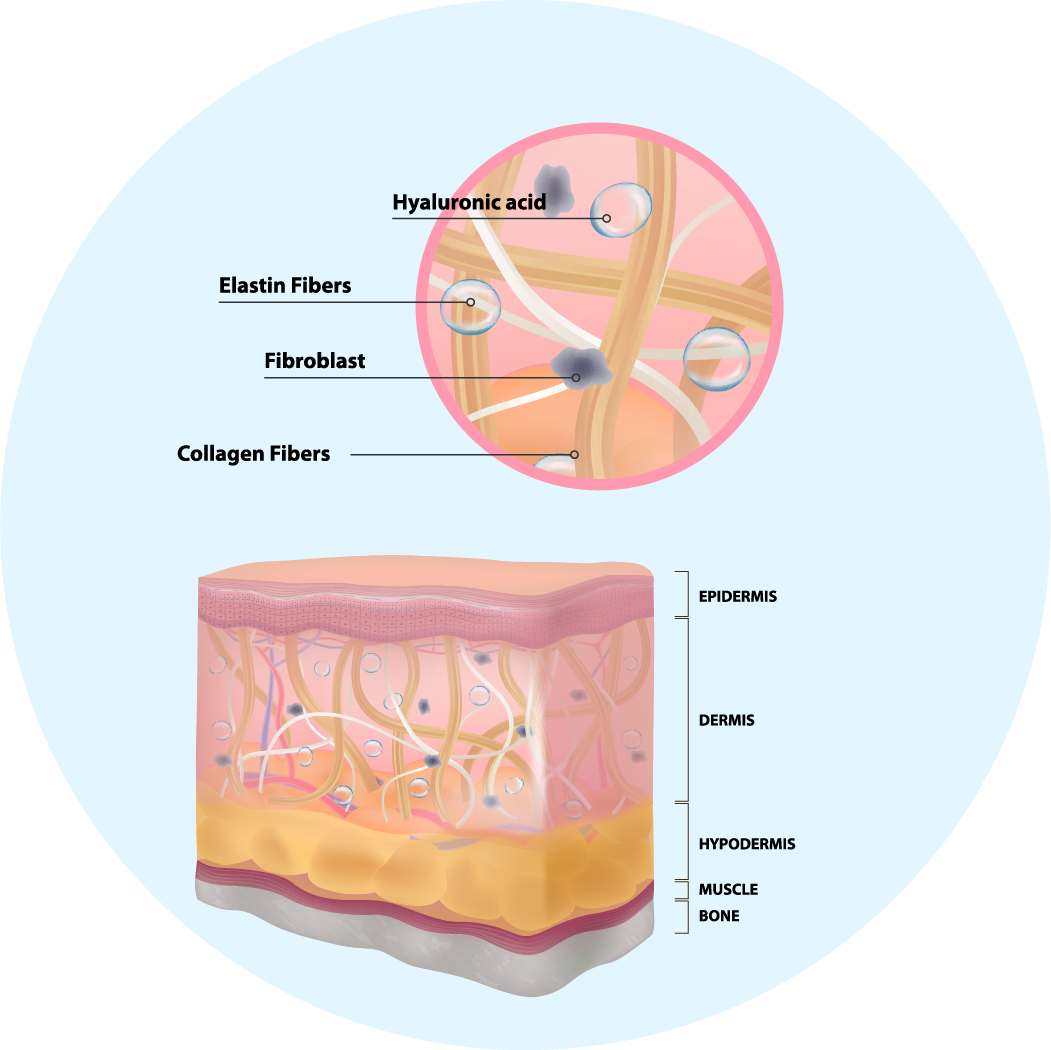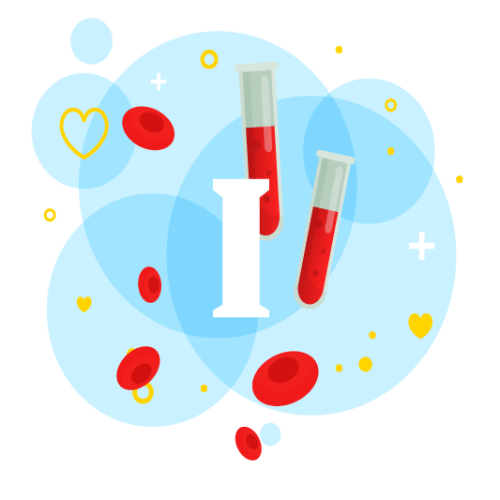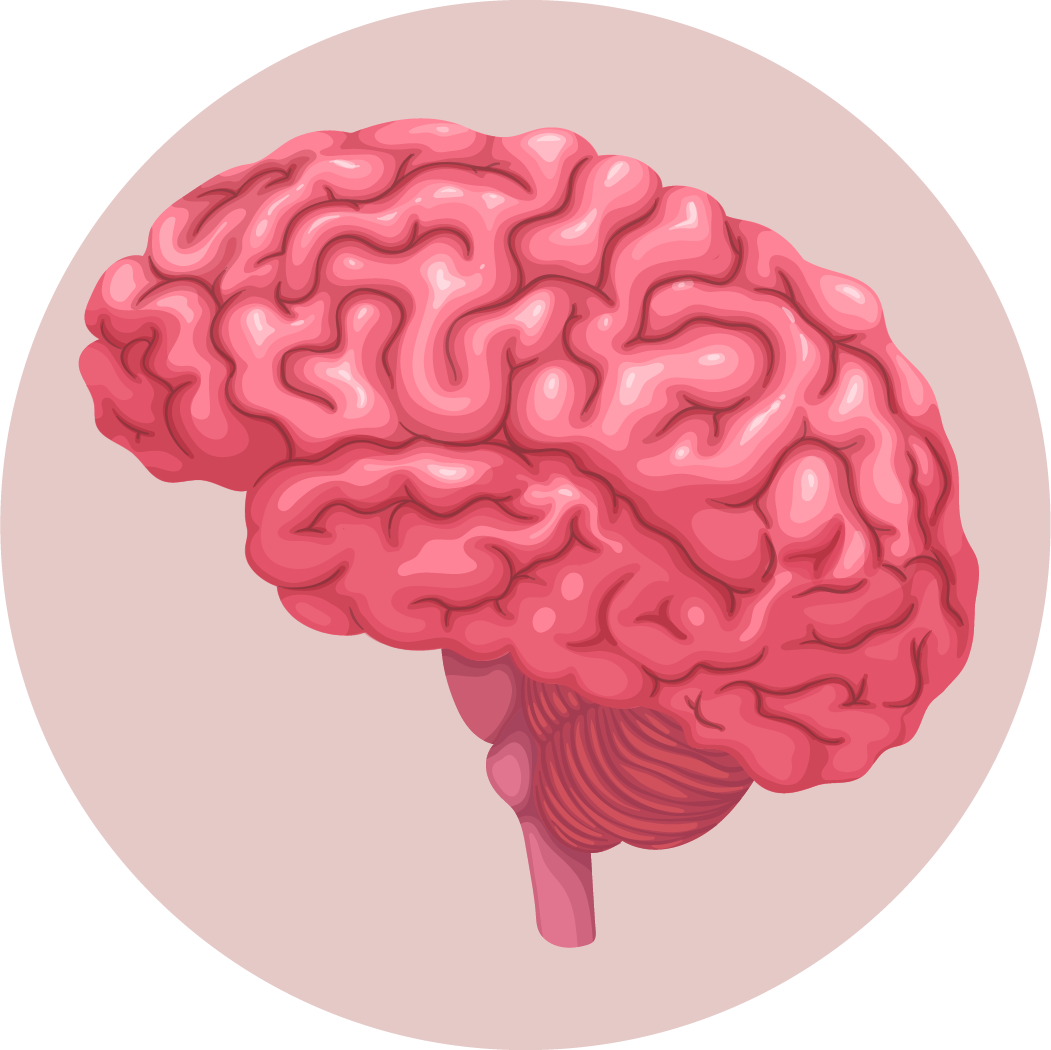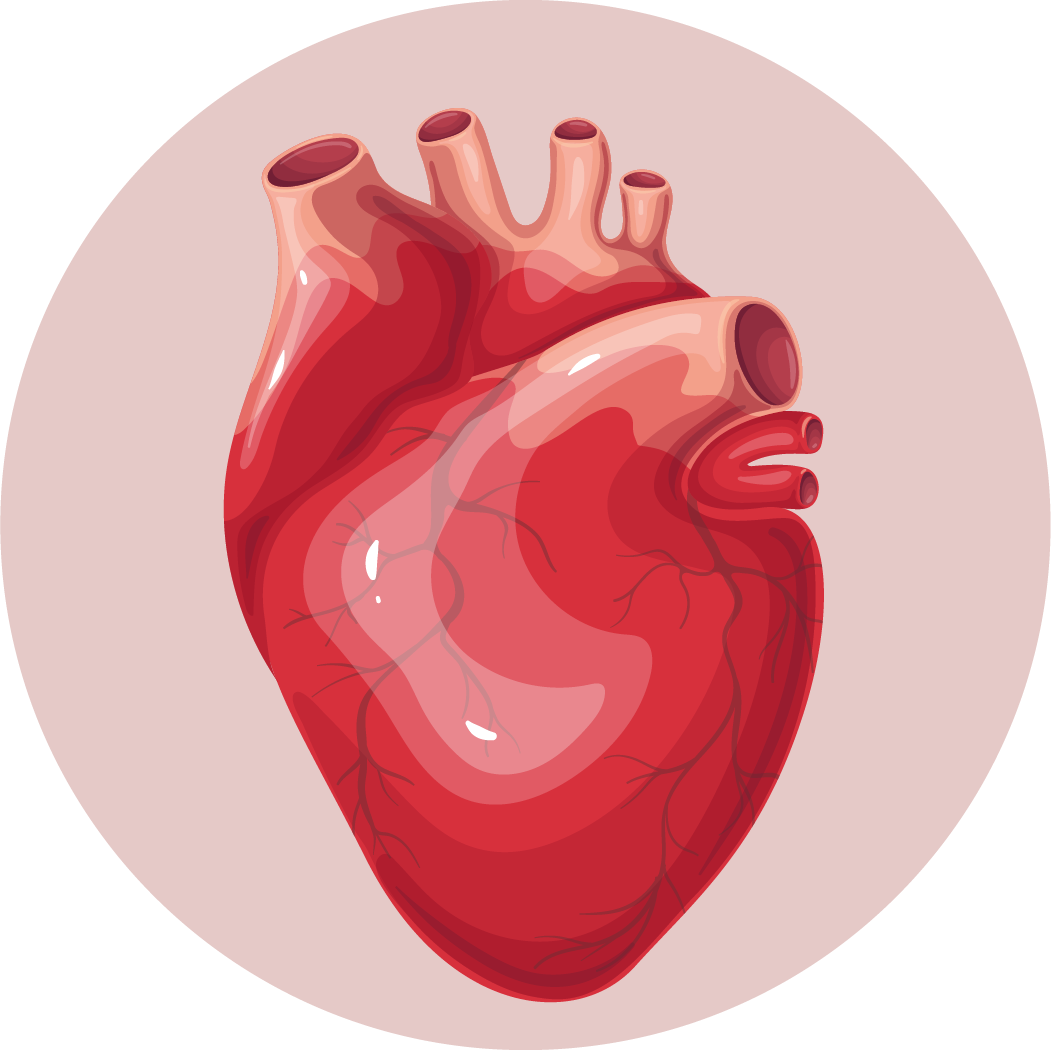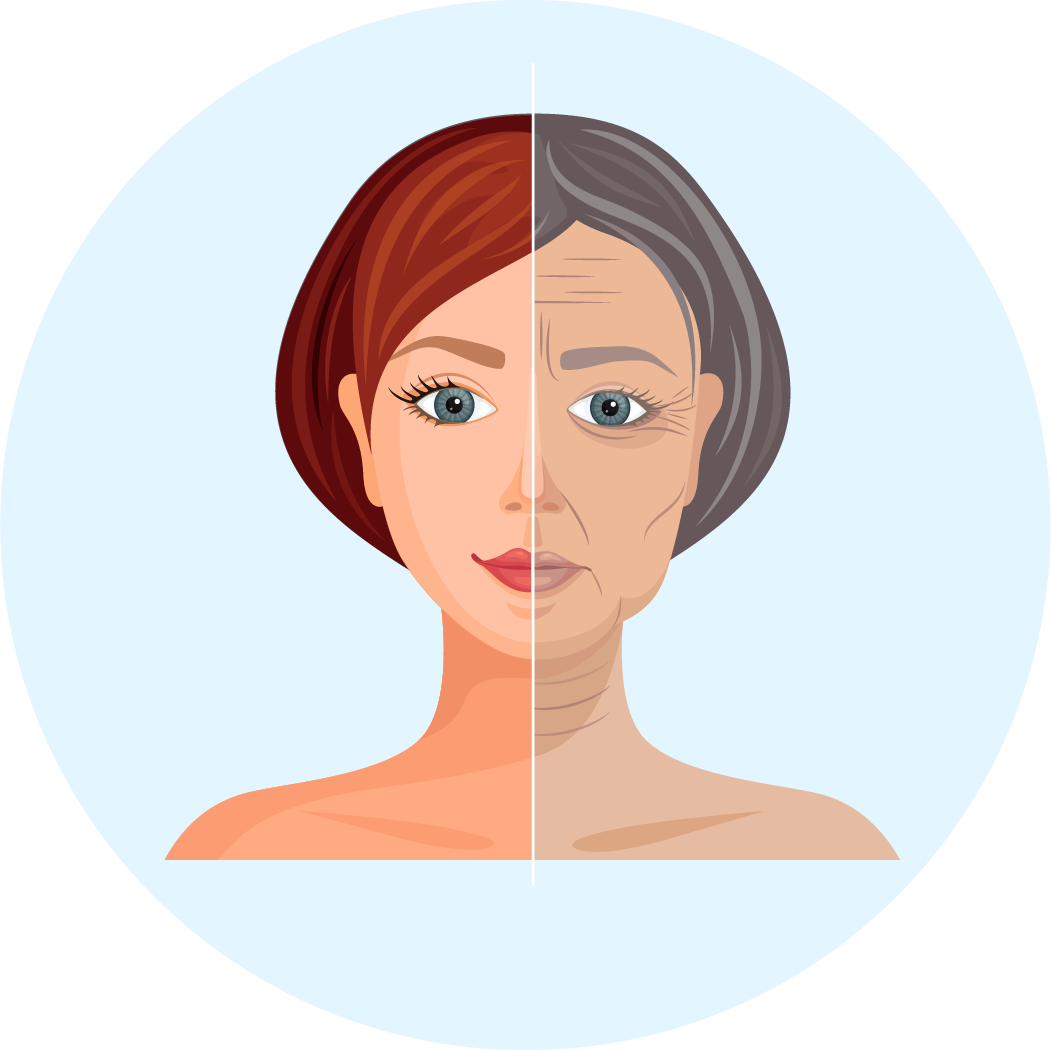Uncovering the Importance of Copper: Why This Overlooked Mineral is Essential to Your Health
Copper is an essential trace element in our body, and it plays a vital role in various physiological processes. It is necessary for energy production, hormone formation, and the growth of connective tissue and bones. Most importantly, it is a crucial component of many enzymes that act as antioxidants, protecting our cells from harmful free radicals.
Our liver stores the majority of copper in the body, but traces of it are found in all tissues. The liver eliminates excess through bile, making it an important organ for copper regulation. A deficiency can lead to various health problems.
Unfortunately, copper deficiency is prevalent in many populations worldwide, often due to inadequate dietary intake or malabsorption issues. Therefore, it is essential to incorporate copper-rich foods into your diet.


